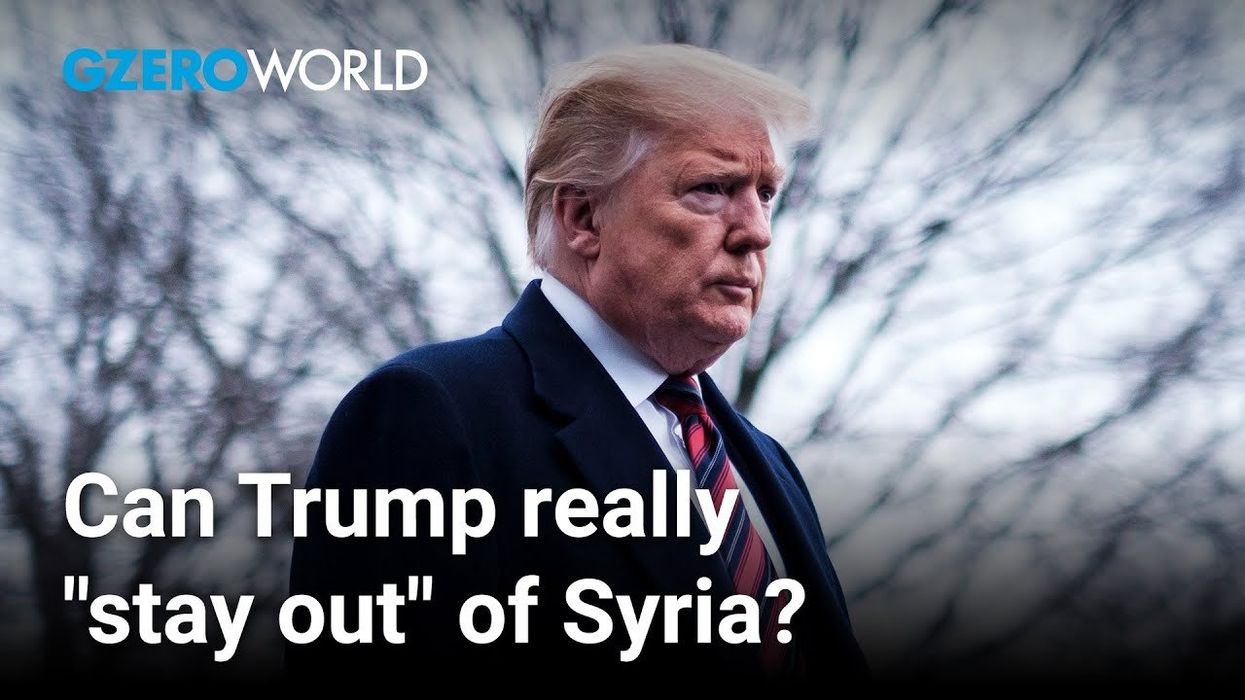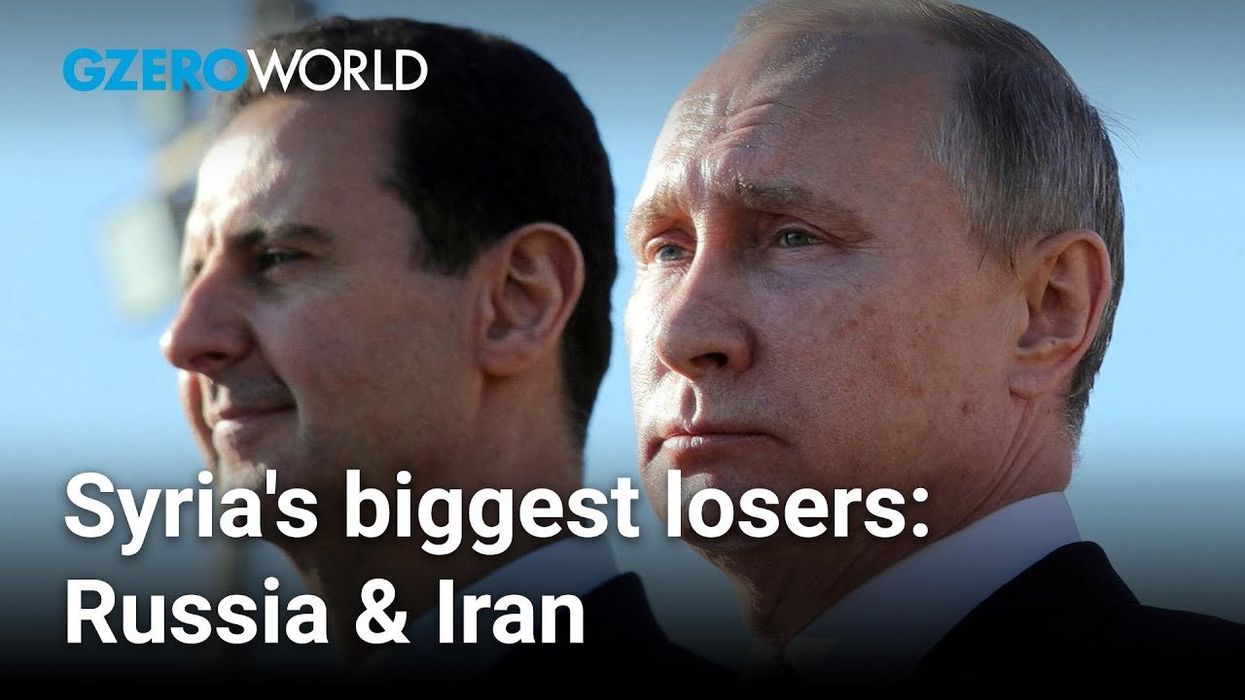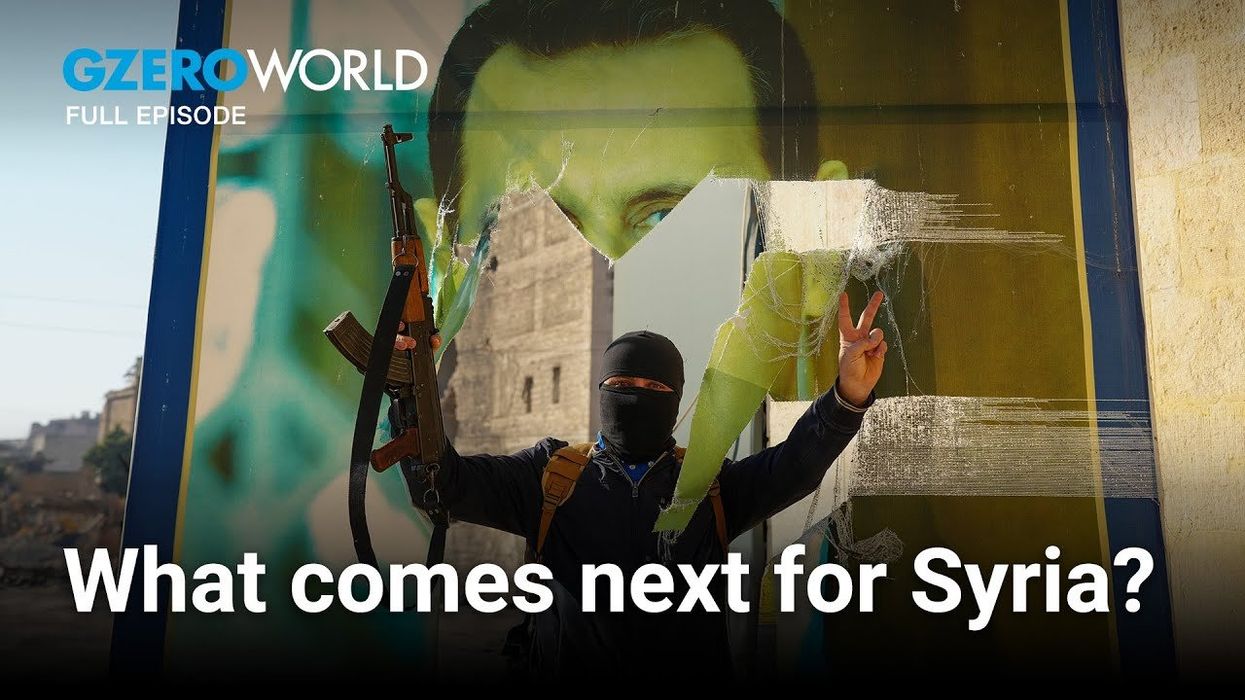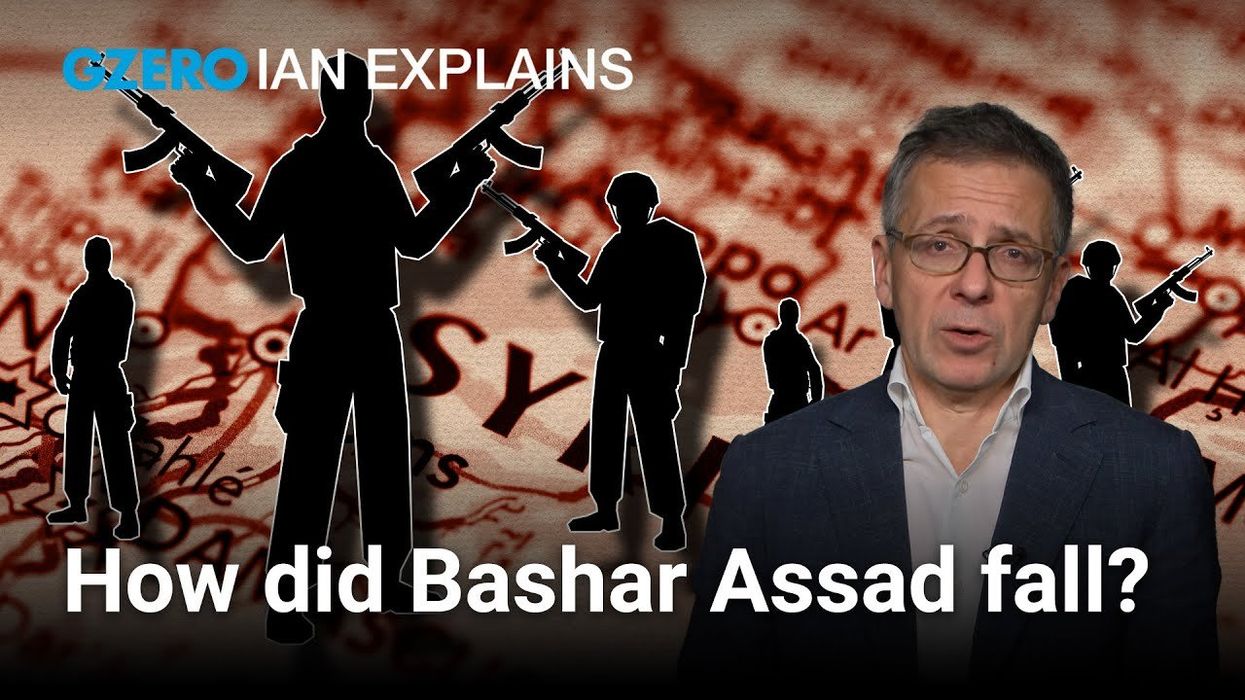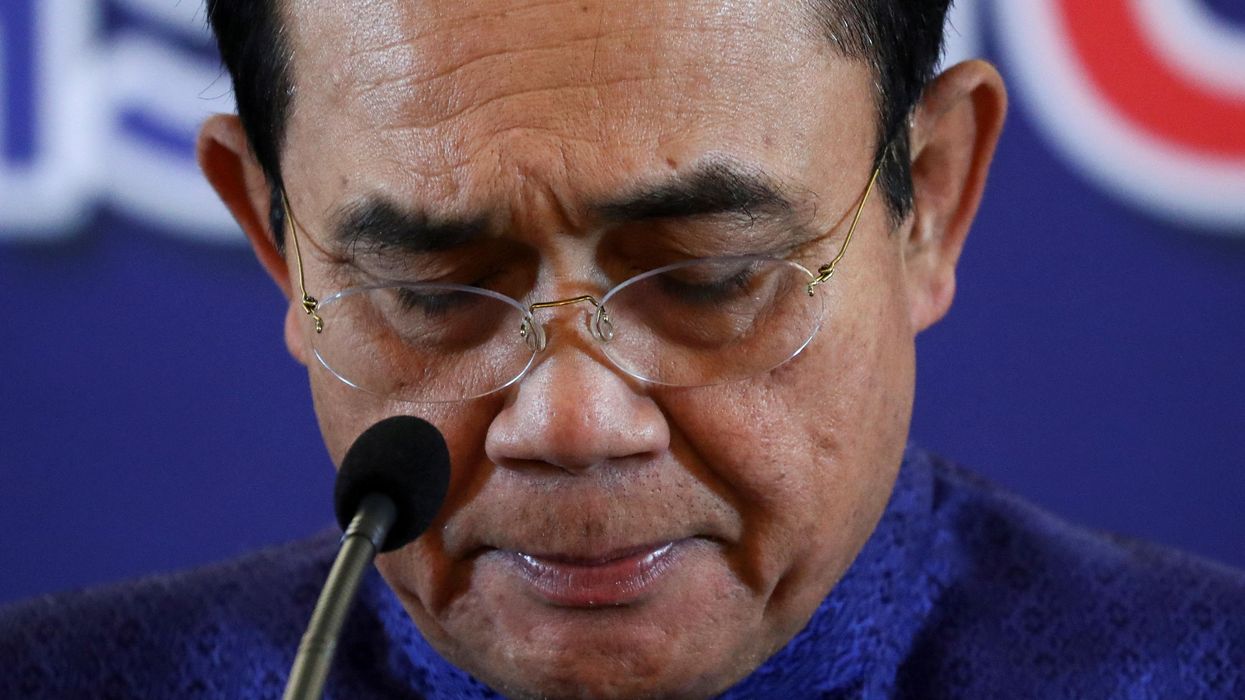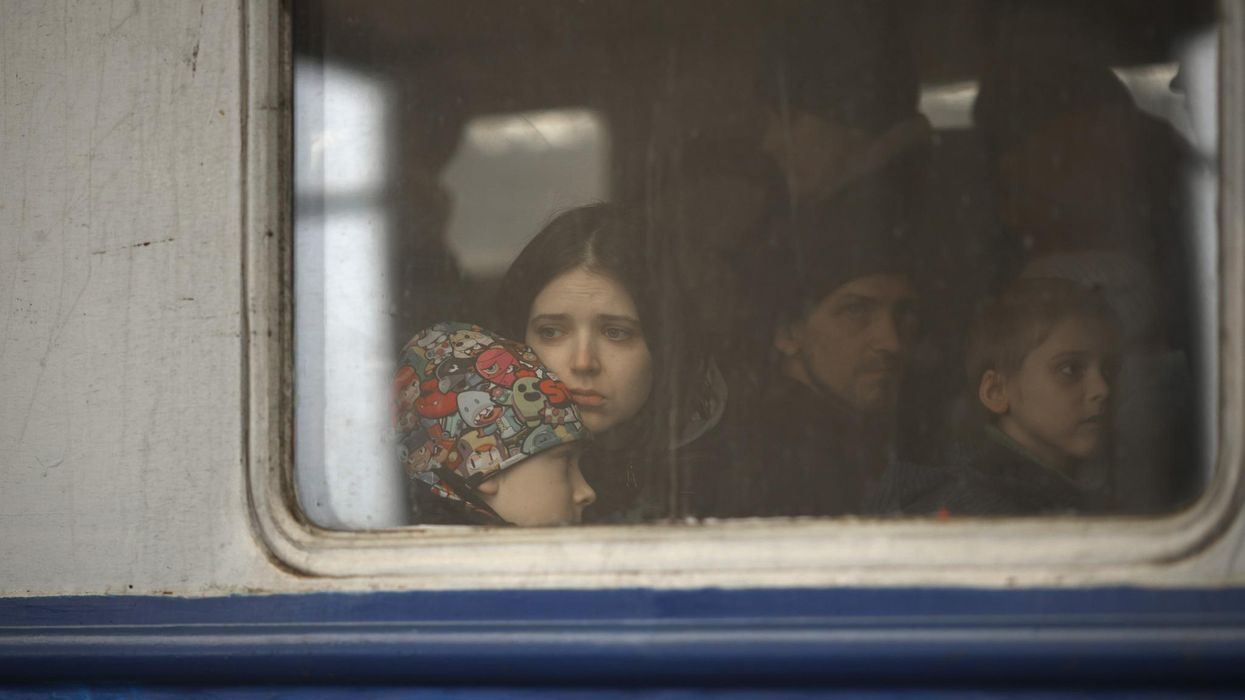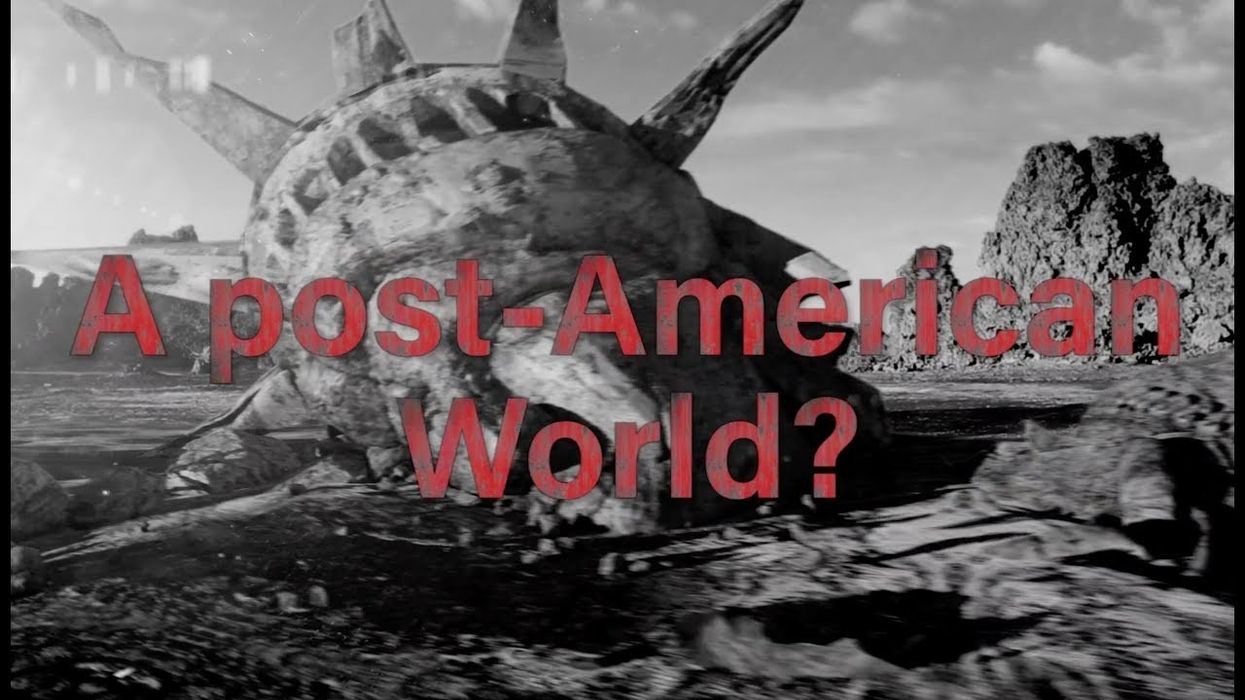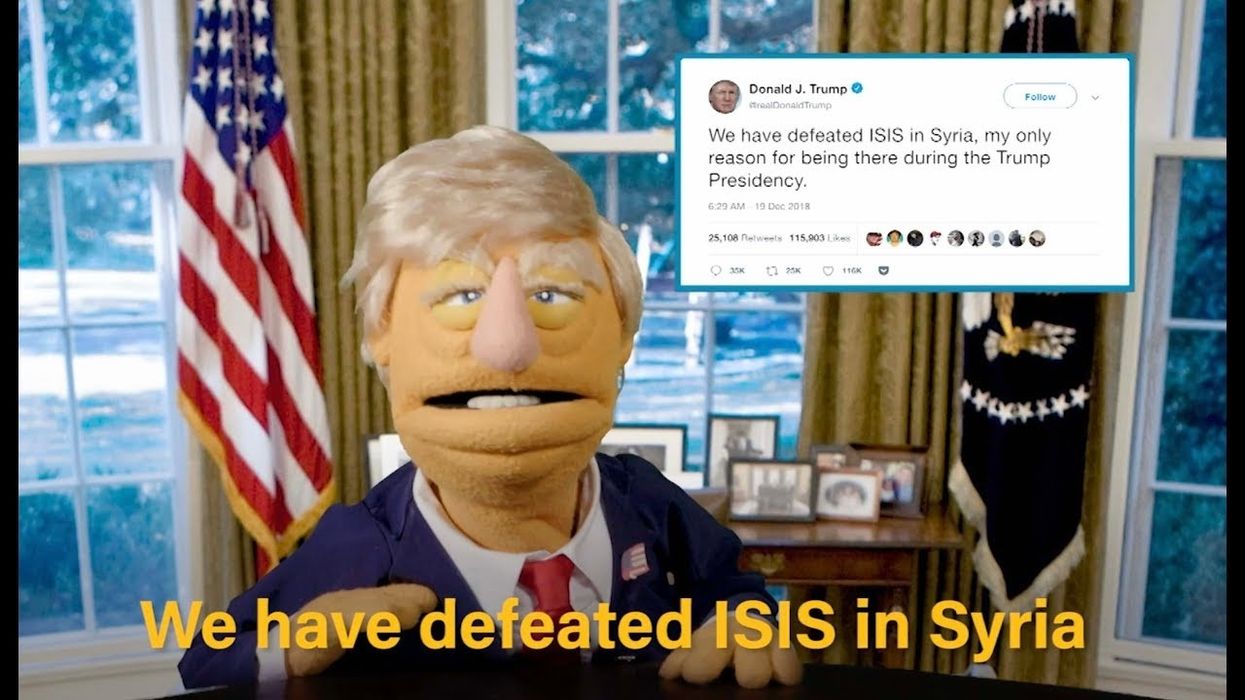GZERO World Clips
Trump can't "stay out" of Syria entirely, says Kim Ghattas
On GZERO World, Ian Bremmer and Beirut-based journalist Kim Ghattas discuss the aftermath of Assad’s fall in Syria and how an incoming Trump administration will approach it.
Dec 17, 2024
